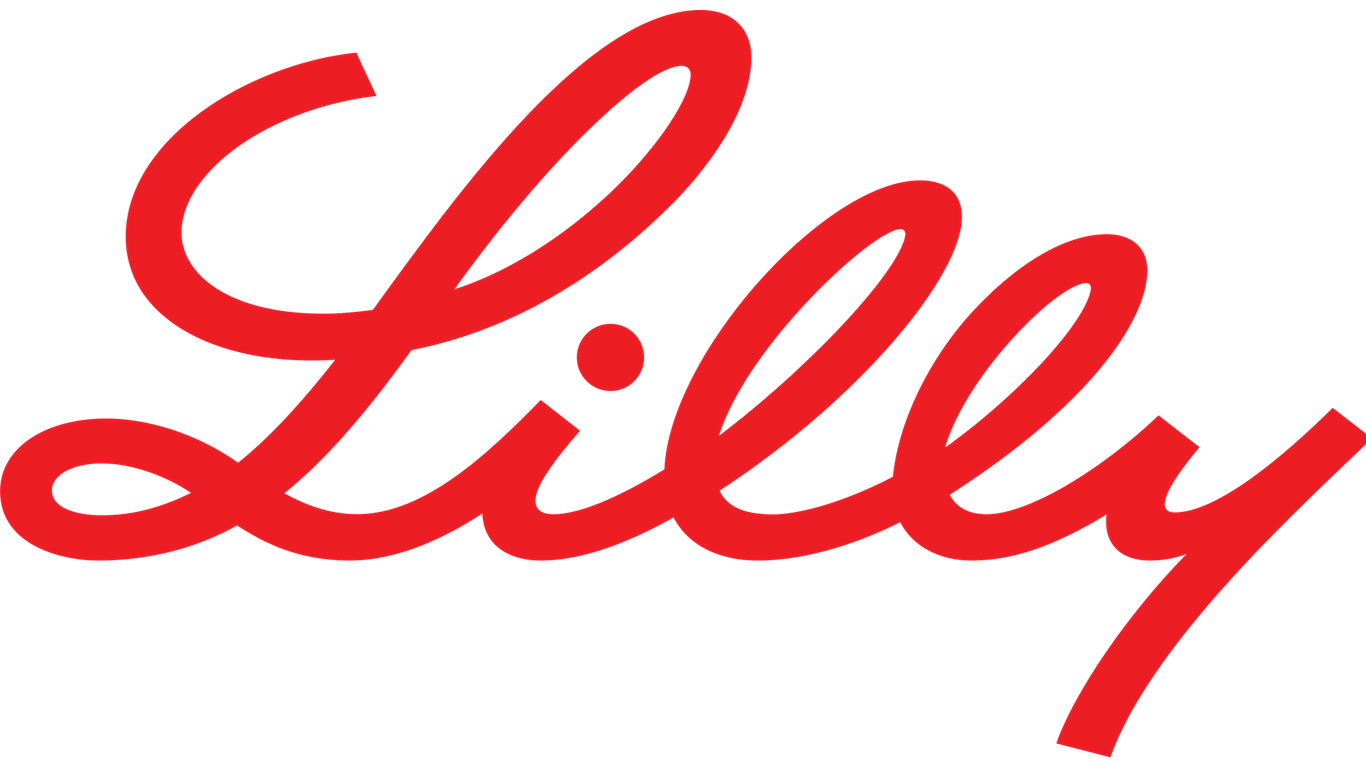
The pharmaceutical sector is one that has gone from decades of heavy investment, high growth, and consolidation to a maturing space with a few key players that have more recently provided much more stagnant growth than investors who were around in past decades may remember. Many folks investing in this space come for the defensive attributes these players provide, and many stay for the dividends.
However, pockets of the big Pharma space have seen their growth trajectories revitalized. One such company that’s now increasingly viewed as a growth play is Eli Lilly (NYSE: LLY). The company’s GLP-1 lineup includes Mounjaro (aimed at patients with diabetes) and Zepbound (aimed at those battling obesity). These drugs have taken off, with competitors quick to come to market with their own offerings, and talks among other big Pharma players that an oral medication could be upcoming.
With this in mind, let’s dive into the top 10 reasons investors may want to consider loading up on LLY stock at its current level.
Weight Loss Drugs Are the Future

Many have said over the years that there’s no magic pill (or injection) for weight loss. You must eat healthy and exercise, there’s no way around it. Well, it appears this conventional wisdom is at least partly not relevant anymore, because there is a life-changing treatment companies like Eli Lilly are providing for patients suffering from diabetes or obesity to live their best life. That in and of itself is noble, but it’s also very profitable, as many investors have noticed.
Fundamental Improvement Is Noticeable

Eli Lilly’s revenue and gross operating income growth over the past three years is certainly notable. Indeed, selling two of the best weight loss drugs in the market will do that for you. However, Eli Lilly has done a good job of reinvesting its cash flows into other growth projects within the company, as well as rewarding investors with 15% dividend increases annually. Since 2020, Lilly’s EBITDA has surged from $8.26 billion to $13.55 billion over the trailing 12 months, a notable improvement to say the least.
Free Cash Flow Growth Set to Improve

A notable decline in free cash flow in recent years has many fundamental investors calling uncle on this name. With an increasing valuation multiple at a time when free cash flow is declining, one might ask “what gives.”
However, when looking at the key driver of this decline (from $4.47 billion in free cash flow in 2020 to -$3.2 billion over the past 12 months), it’s clear
A Diversified and Growing Portfolio

In order for Eli Lilly to sustain its long-term growth trajectory, holding a world-class portfolio of drugs and treatments across various sectors is going to prove important. In that regard, the company has made some solid progress in advancing other trials for treatments that could hit the market in the coming years, providing ballast to the company’s fast-growing portfolio of weight-loss drugs. Of note are Eli Lilly’s Phase 3 trials for a treatment for Chron’s disease, a promising dementia drug, and a key cancer-targeting radiopharmaceutical option.
A History That Speaks for Itself

Founded nearly 150 years ago (which will be the case in 2026), Eli Lilly was created by a founder with a rather unique name – you guessed it, Eli Lilly.
The chemist-founded operation initially focused on malaria treatments and antibiotics, but the company has since provided some of the most notable advancements in the history of medicine. These include polio vaccines, erectile disfunction drugs (Cialis), Schizophrenia and Bipolar Disorder drugs (Zyprexa), breast cancer treatments (Verzenio) and of course the aforementioned weight loss drugs Zepbound and Mounjaro.
Plenty of Growth Potential Ahead

As we’re able to identify more and more diseases, and understand the underlying causes of these ailments, companies like Eli Lilly will continue to find ways to serve patients and extend the quality and duration of as many lives as is possible.
However, Eli Lilly’s growth isn’ pigeon-holed to drug development in the pharmaceuticals space. In fact, the company has done some great work in other key high-growth sectors such as cosmetics and insurance/drug benefit management. As the overall health care industry grows, Eli Lilly appears to be attempting to position itself to win.
A Stock Split Could Be Coming Soon

Among the key growth drivers of other companies like Nvidia (NASDAQ: NVDA) and other high-flying stocks with share prices that surged near or well beyond the four-digit range, stock splits have become an integral tool many such companies have used to entice a broader set of investors to the fold.
By reducing certain barriers to entry tied to price to some investors, and allowing for options traders and other retail investors to join the fray (while also much more easily being able to compensate employees in part with shares), there’s a lot of reasons why a split can be bullish for a given stock. It’s our view that given where LLY stock is currently trading, a stock split could be in the works, which should provide an immediate boost.
Defensiveness Is Going To Be More In Vogue Than Ever

One of the key reasons many investors focus on companies in the big Pharma space is the relative defensiveness such companies tend to offer in terms of their long-term cash flow growth profiles. Companies like Eli Lilly that have been around for a very long time (few companies have a track record of nearly one-and-a-half centuries) have demonstrated to investors that they’ll more likely than not be around 20 or 30 years from now, when you need to pull out money from your investment accounts. That provides a great deal of
Demographic Shifts Support Secular Growth Thesis

The sheer explosion of the diabetes and weight loss management industries in the U.S. in recent decades highlights one of the more powerful long-term secular growth trends investors are clearly focusing on in the healthcare space. In a sense, if more folks take these GLP-1 drugs, one could argue other diabetes-related illnesses may be less in-demand. However, it’s also likely true that individuals will live longer, meaning there’s a higher likelihood other high-value drugs may see greater demand, and the market size of other costly drugs may be larger than we think right now, benefiting Lilly’s more speculative drugs in their trial phases.
Analysts Remain Bullish on LLY Stock

Analysts have a consensus buy rating on Eli Lilly, with a price target just shy of $890 per share on this name. With the stock now trading around $865, it’s clear that many of the experts believe this stock is relatively fairly-valued. That said, there are some calls for the stock to go as high as $1,000 per share, or roughly 11% higher.
I’m of the view that if growth continues to accelerate as many think, these price targets could prove to be far too conservative.
Thank you for reading! Have some feedback for us?
Contact the 24/7 Wall St. editorial team.



